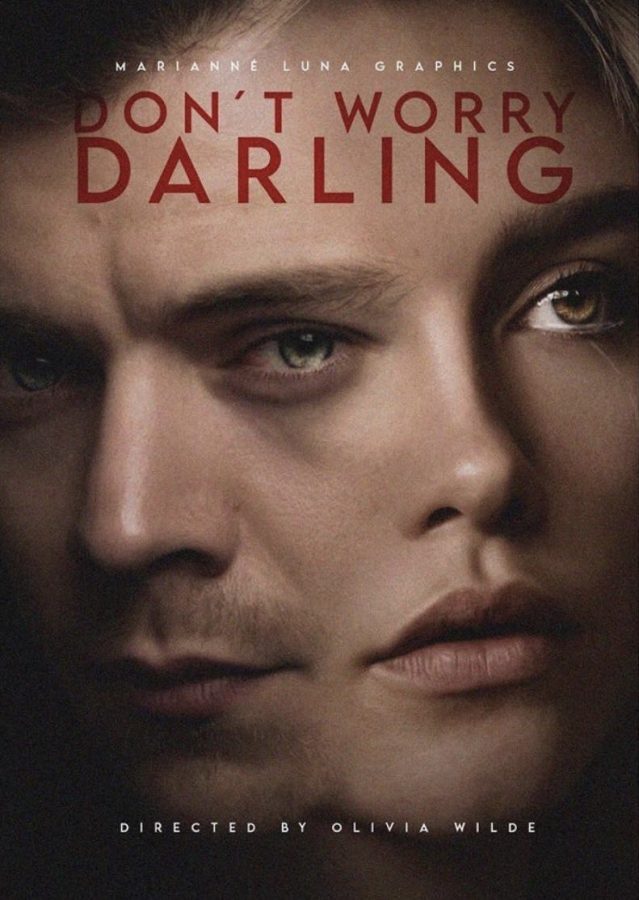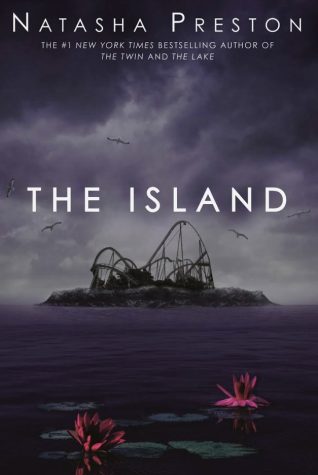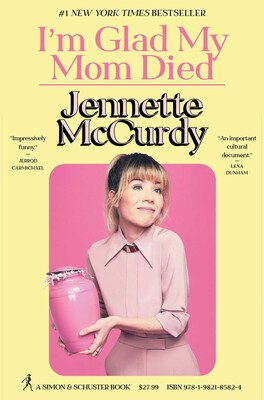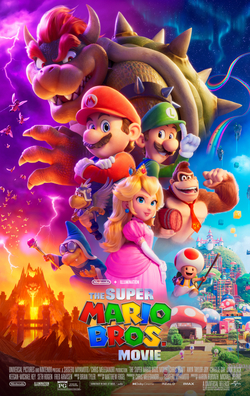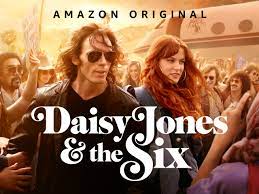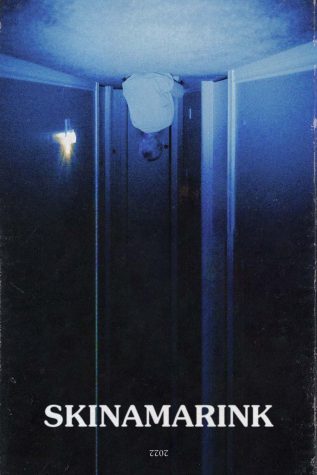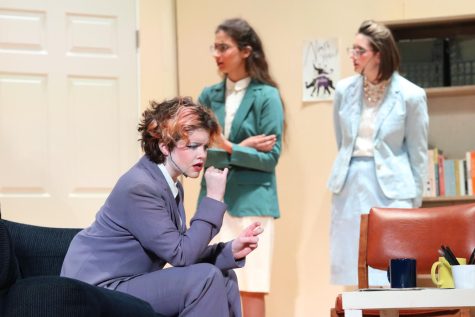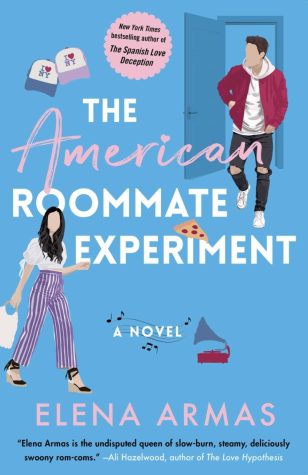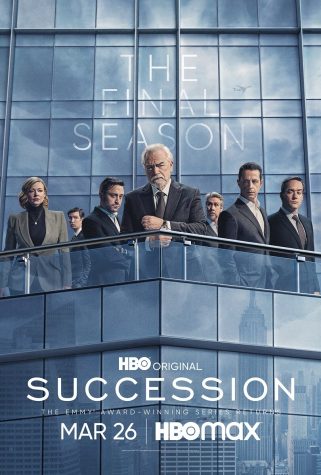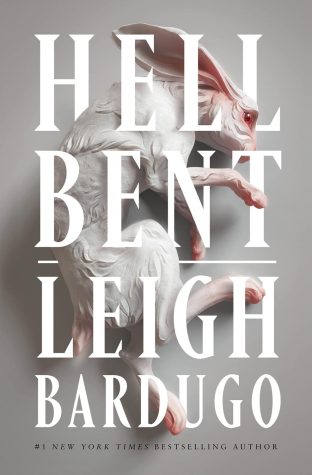‘Don’t Worry Darling’ is a twisted depiction of feminism
November 17, 2022
A life of luxury, uniformity and endless smiles. Happy couples and loving families are at every doorstep. A place where everything seems perfect…almost too perfect.
“Don’t Worry Darling” follows a young married couple, Alice (Florence Pugh) and Jack Chambers (Harry Styles), who are living in an idealized utopian community called Victory. The Victory Project is an experimental town that was founded by a man named Frank (Chris Pine) and strives to resist the ever-growing modernization of the outside world.
Their seemingly “perfect” lifestyle reinforces traditional gender norms: the wives stay home and attend to their domestic duties while the men go to work on a classified assignment. Everyone follows the same monotonous routine every day and no one questions a thing.
That is until Margaret (Kiki Layne), one of the women in the community, has an outburst, where she becomes the first to question the true motives of the Victory Project. Margaret attempts to escape into the desert, which leads to her being captured by a group of men in red-orange jumpsuits and being returned back to her home inside the borders of Victory. Soon after the incident, Margaret mysteriously disappears and Victory’s doctor, Dr. Collins (Timothy Simons), claims that she is in the hospital due to a “bad fall”.
As a result of Margaret’s attempted escape, all of the wives, including Alice, ostracize Margaret and claim that she has lost her way.
However, after witnessing a plane crash and receiving a disturbing call from Margaret, Alice too begins to raise suspicion about her life in this isolated desert town. She begins having nightmares and hallucinations and even starts seeing glimpses of memories from her past. But when she asks Jack about his job and what he really does for Victory, Alice is met with belligerence and manipulation.
Not only are the men in the community suppressing her skepticism, but so are the other housewives, even her closest friends. When trying to bring up her hesitation about the Victory Project with her best friend, Bunny (Olivia Wilde), Alice is told that she is selfishly putting her husband’s career at risk with her baseless accusations.
Alice struggles with the fact that no one is willing to help her, yet when Margaret needed her help, Alice abandoned her just like everyone else. Through this sense of isolation, and to a certain extent, guilt, she is able to further understand what Margaret wanted everyone to realize: Victory is truly dangerous.
With no one on her side, Alice is left with no choice but to investigate the truth behind Margaret’s disappearance and the Victory Project and challenge Frank’s brainwashing influence over the couples in the community.
This psychological thriller’s commentary on feminism and women’s empowerment was especially intriguing to me. The 1950s-themed clothes, cars and lifestyle allude to the fact that the wives are trapped in a socially constructed cycle. And subsequently, when the women try to speak up, they are silenced by the men in power.
However, in an effort to make a feminist statement, this movie actually does the opposite; it is more of a social commentary on how society treats women who are moving past traditional gender norms. I think the film could have gone deeper and explored these topics of toxic masculinity and women being silenced. “Don’t Worry Darling” merely scratches the surface of promoting feminism and breaking the status quo, which makes it feel like an empty gesture and almost performative.
While this could have been an interesting concept and underlying theme, there isn’t much substance to the plot itself. “Don’t Worry Darling” is fairly slow-paced and most of the action doesn’t even occur until the last half hour of the film. Not to mention, we were left in suspense for so long that the chaotic ending felt out of left field. The slow build-up didn’t serve to make the plot twists interesting or even meaningful. What could have been a powerful ending of empowerment fell short due to rushing the most pivotal parts of the film, which left us with so many questions.
The only thing that saves the stagnant storyline is the impressive cast. Even despite the mediocre script, the performances by Florence Pugh and Chris Pine carried this movie. Pugh’s portrayal of Alice’s mind slowly crumbling from the lies and manipulation was chilling. Plus it’s not too often that we get to see Pine as a villain, and his role as the incel antagonist was spot on.
And of course, I can’t ignore the fact that the global pop-star Harry Styles was one of the leads in this movie. He received a lot of bad press for not being able to deliver on the more powerful and emotional scenes, but I thought he did a pretty good job. Considering this was one of his first movies, Styles was able to blend in well with his more experienced castmates.
“Don’t Worry Darling” definitely kept me on the edge of my seat; however, all of the anticipation amounted to pretty much nothing except for confusion and disappointment. It could have been an intricate and meaningful commentary on women’s rights and gender roles, especially with the slew of amazing actors, but the lazy writing and lagging plot left me underwhelmed.

